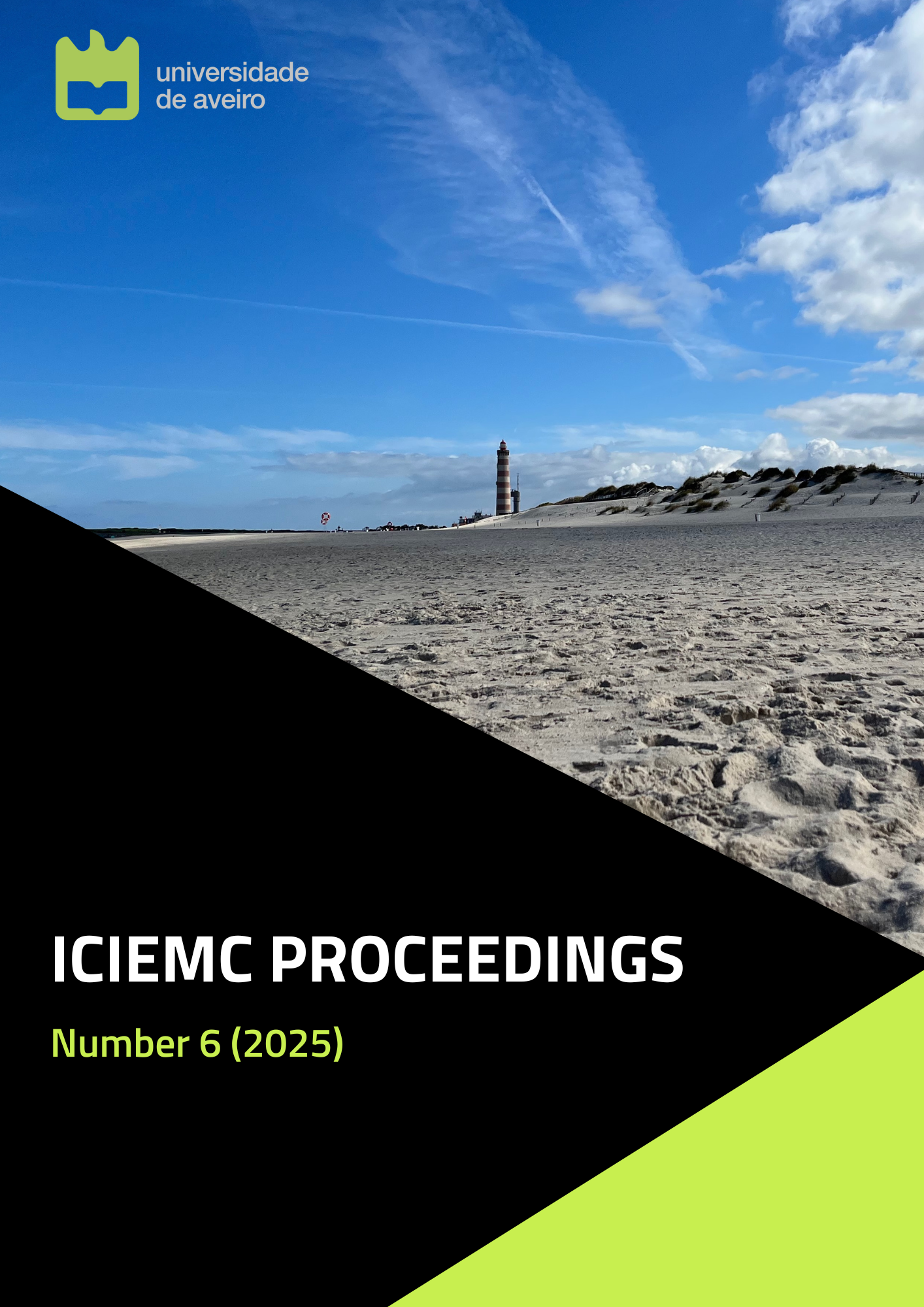Strategic Value of Blockchain-Enabled Traceability in Low-Carbon Aluminium
Evidence from a Simulation-Based Industrial Case Study
Resumo
The accelerating convergence of regulatory innovation, exemplified by the European Union’s Digital Product Passport (DPP) and Carbon Border Adjustment Mechanism (CBAM), is fundamentally reshaping procurement dynamics within Europe’s industrial value chains. In this evolving landscape, traceability systems that enable verifiable transparency concerning material origin and carbon footprint are emerging as critical enablers of compliance and competitive differentiation. Yet whether blockchain-enabled traceability generates measurable economic value in business-to-business (B2B) markets remains empirically underexplored. Addressing this gap, the present study applies a simulation-based case analysis centred on Mikraltek, a Portuguese SME specialising in high-precision aluminium. A convergent mixed-methods approach was employed: an engineering simulation of a blockchain prototype estimated implementation costs (€0.08/kg), while a discrete choice experiment (DCE) with 60 simulated procurement professionals evaluated willingness to pay (WTP) for differentiated traceability levels. Mixed logit modelling revealed an average WTP of €0.92/kg, rising to €1.20/kg among ESG-oriented buyers, thus supporting the strategic relevance of verified transparency. A return-on-investment (ROI) simulation projected an internal rate of return of 218% over three years, with break-even achieved by month 13. Conceptually, the findings advance the resource-based view (RBV) through the proposed VRIOS² framework (Value, Rarity, Inimitability, Organisation, Sustainability, Servitizability), highlighting blockchain-enabled traceability as a potential sustainable source of competitive advantage for SMEs navigating increasingly transparency-driven industrial markets.




